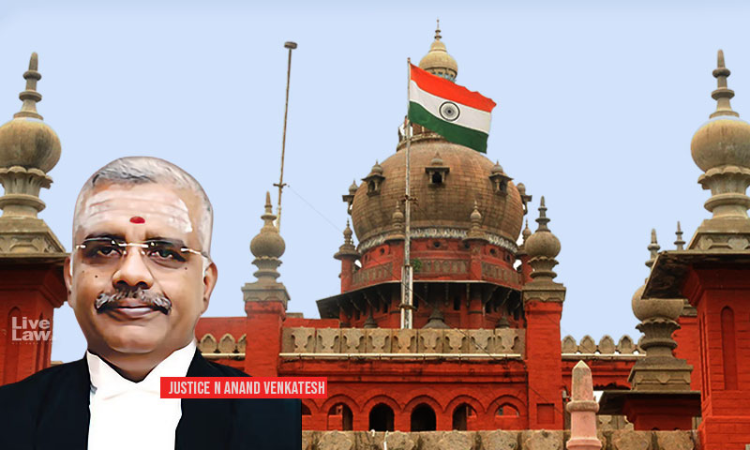Trade Secrets: Constitution Of 'Confidentiality Club' Depends On Showing Prima Facie Case For Grant Of Ad-Interim Relief: Madras High Court
Sebin James
28 Jan 2022 1:30 PM IST

"Formulation of a confidentiality club cannot be done in a hasty manner merely based on the ipse dixit of the plaintiff... and the plaintiff must necessarily lay a foundation before making such a request", the bench noted.
Next Story


